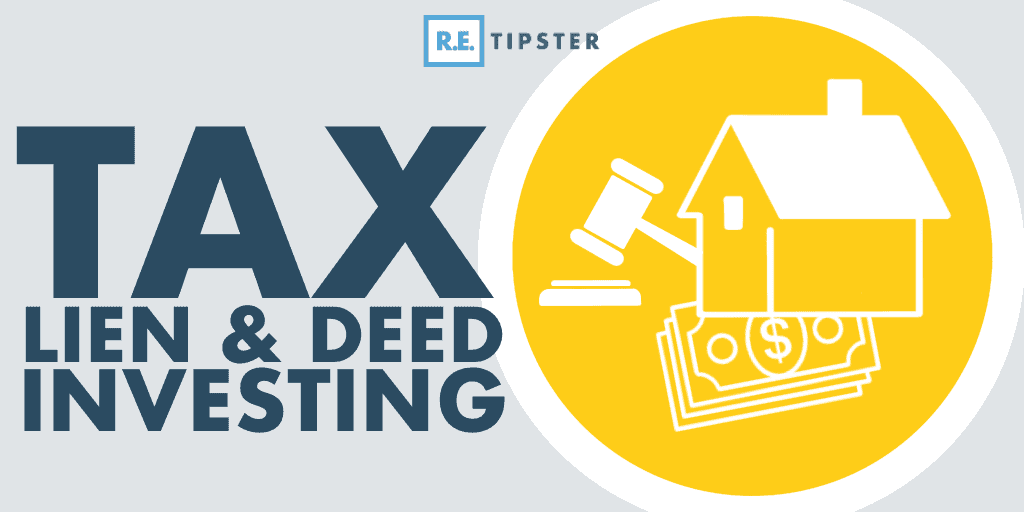All Categories
Featured
Table of Contents
Mobile homes are considered to be personal effects for the purposes of this area unless the owner has actually de-titled the mobile home according to Area 56-19-510. (d) The property need to be promoted available at public auction. The ad should remain in a newspaper of basic blood circulation within the area or district, if suitable, and need to be qualified "Delinquent Tax Sale".
The advertising and marketing should be published once a week before the legal sales date for three consecutive weeks for the sale of real estate, and two consecutive weeks for the sale of personal effects. All costs of the levy, seizure, and sale needs to be added and gathered as added prices, and should consist of, but not be restricted to, the expenditures of seizing real or personal effects, marketing, storage, identifying the limits of the residential property, and mailing certified notices.
In those situations, the policeman may partition the building and provide a legal description of it. (e) As an alternative, upon authorization by the area governing body, a county might utilize the treatments supplied in Chapter 56, Title 12 and Section 12-4-580 as the preliminary action in the collection of delinquent tax obligations on genuine and individual residential or commercial property.
Result of Modification 2015 Act No. 87, Area 55, in (c), replaced "has de-titled the mobile home according to Section 56-19-510" for "offers composed notification to the auditor of the mobile home's annexation to the arrive at which it is positioned"; and in (e), put "and Section 12-4-580" - claim strategies. SECTION 12-51-50
What Are The Top 10 Market Analysis Courses Available?

The waived land commission is not needed to bid on residential or commercial property known or sensibly suspected to be polluted. If the contamination ends up being known after the bid or while the compensation holds the title, the title is voidable at the election of the commission. BACKGROUND: 1995 Act No. 90, Area 3; 1996 Act No.
Repayment by successful prospective buyer; receipt; personality of proceeds. The successful prospective buyer at the delinquent tax sale shall pay legal tender as given in Area 12-51-50 to the individual officially billed with the collection of delinquent tax obligations in the sum total of the bid on the day of the sale. Upon payment, the individual formally billed with the collection of delinquent tax obligations shall equip the purchaser a receipt for the acquisition cash.

Expenses of the sale have to be paid first and the equilibrium of all overdue tax sale cash gathered should be turned over to the treasurer. Upon receipt of the funds, the treasurer will mark right away the general public tax documents relating to the home marketed as follows: Paid by tax sale held on (insert date).
What Should I Expect From An Claims Training Program?
166, Area 7; 2012 Act No. 186, Area 4, eff June 7, 2012. AREA 12-51-80. Settlement by treasurer. The treasurer shall make complete settlement of tax sale cash, within forty-five days after the sale, to the particular political subdivisions for which the taxes were levied. Earnings of the sales in excess thereof have to be maintained by the treasurer as otherwise offered by law.
166, Section 8; 2015 Act No. 87 (S. 379), Section 57, eff June 11, 2015. Impact of Change 2015 Act No. 87, Area 57, replaced "within forty-five days" for "within thirty days". AREA 12-51-90. Redemption of real estate; job of buyer's passion. (A) The failing taxpayer, any beneficiary from the proprietor, or any kind of mortgage or judgment financial institution may within twelve months from the date of the delinquent tax sale retrieve each product of realty by paying to the person officially charged with the collection of overdue taxes, evaluations, fines, and costs, along with rate of interest as provided in subsection (B) of this section.
Who Offers The Best Learning Experience For Overages Workshop?
2020 Act No. 174, Areas 3. B., offer as adheres to: "SECTION 3. A. training resources. Notwithstanding any kind of other stipulation of legislation, if genuine building was offered at a delinquent tax sale in 2019 and the twelve-month redemption period has actually not run out as of the reliable date of this area, after that the redemption duration for the real home is prolonged for twelve added months.
BACKGROUND: 1988 Act No. 647, Area 1; 1994 Act No. 506, Area 13. In order for the owner of or lienholder on the "mobile home" or "manufactured home" to redeem his residential property as permitted in Section 12-51-95, the mobile or manufactured home subject to redemption need to not be gotten rid of from its place at the time of the overdue tax sale for a period of twelve months from the day of the sale unless the owner is needed to move it by the person various other than himself that owns the land upon which the mobile or manufactured home is situated.
If the proprietor moves the mobile or manufactured home in infraction of this section, he is guilty of a violation and, upon sentence, must be penalized by a fine not exceeding one thousand bucks or jail time not surpassing one year, or both (property overages) (foreclosure overages). Along with the various other requirements and payments required for an owner of a mobile or manufactured home to redeem his building after a delinquent tax obligation sale, the failing taxpayer or lienholder likewise need to pay rent to the purchaser at the time of redemption a quantity not to go beyond one-twelfth of the tax obligations for the last finished real estate tax year, aside from penalties, expenses, and interest, for each and every month between the sale and redemption
For objectives of this rental fee estimation, greater than one-half of the days in any month counts overall month. HISTORY: 1988 Act No. 647, Area 3; 1994 Act No. 506, Section 14. SECTION 12-51-100. Termination of sale upon redemption; notification to buyer; reimbursement of acquisition cost. Upon the realty being redeemed, the person formally charged with the collection of delinquent taxes shall terminate the sale in the tax obligation sale publication and note thereon the quantity paid, by whom and when.
Which Course Provides The Best Insights On Investor Resources?
BACKGROUND: 1962 Code Section 65-2815.9; 1971 (57) 499; 1985 Act No. 166, Area 10; 1998 Act No. 285, Area 3. SECTION 12-51-110. Personal effects shall not undergo redemption; buyer's proof of sale and right of possession. For personal effects, there is no redemption period subsequent to the time that the property is struck off to the successful purchaser at the overdue tax obligation sale.
BACKGROUND: 1962 Code Section 65-2815.10; 1971 (57) 499; 1985 Act No. 166, Area 11. Neither more than forty-five days neither much less than twenty days prior to the end of the redemption duration for genuine estate marketed for taxes, the individual formally billed with the collection of delinquent tax obligations will mail a notice by "certified mail, return invoice requested-restricted distribution" as provided in Area 12-51-40( b) to the failing taxpayer and to a grantee, mortgagee, or lessee of the residential or commercial property of document in the proper public documents of the region.
Latest Posts
What Is Tax Lien Certificates Investing
Tax Lien Homes Near Me
Tax Lien Investing Georgia